‘Poop coffee’ is the most expensive on the planet. But is it ethical?
EATING puppies and drinking snake wine might be considered cruel, but what’s your moral stance on drinking kopi luwak?
Kopi luwak, also known as civet coffee, is the world’s most expensive coffee retailing at around US$700 per kilogram. How is it made? Asian palm civets eat coffee berries and poop them out, which will then be collected and turned into coffee for human consumption.
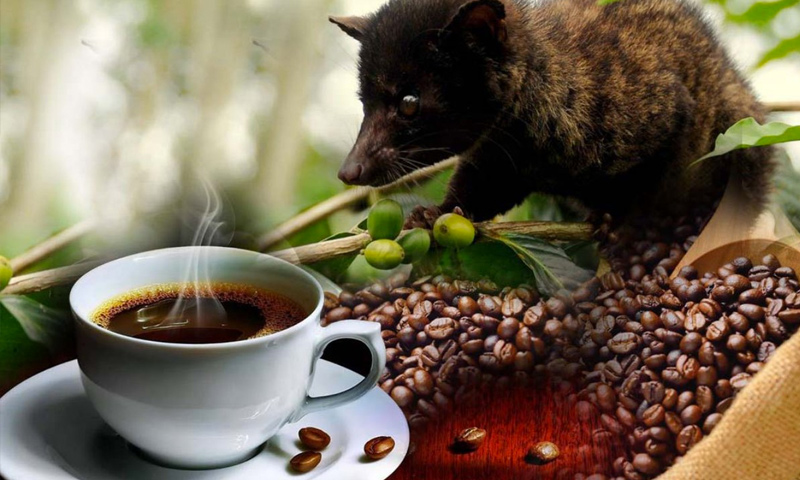
Fermentation occurs as the cherries pass through the civet’s intestines and their digestive enzymes change the structure of the proteins in the coffee beans, removing some of the acidity to make a smoother and somewhat tastier cup of coffee.
Asian palm civets are intriguing little creatures. They are small, mottled gray and black creatures around the same size as a domestic cat. Their bodies are long, stocky and covered in coarse, messy hair. They are nocturnal animals that can be found roaming the rainforests in the Indonesian islands of Sumatra, Java, Bali, and Sulawesi.
Civets form an important part of the food chain in the region by eating pesky insects that affect crops and in turn, are eaten by leopards and snakes. However, Asian palm civets also raid fresh fruit fields and not only eat the fresh fruit crops but also mark their territory with the strong scent given off by glands near the genitals.
It’s through the passing of excreted coffee beans past these glands on the way out that give kopi luwak its unique taste.
For many years, farmers saw civets as pests. However, as the specialised coffee industry grew and tourism increased to Indonesia, civets became “protected” creatures – but for the financial gain of farmers and zoos.
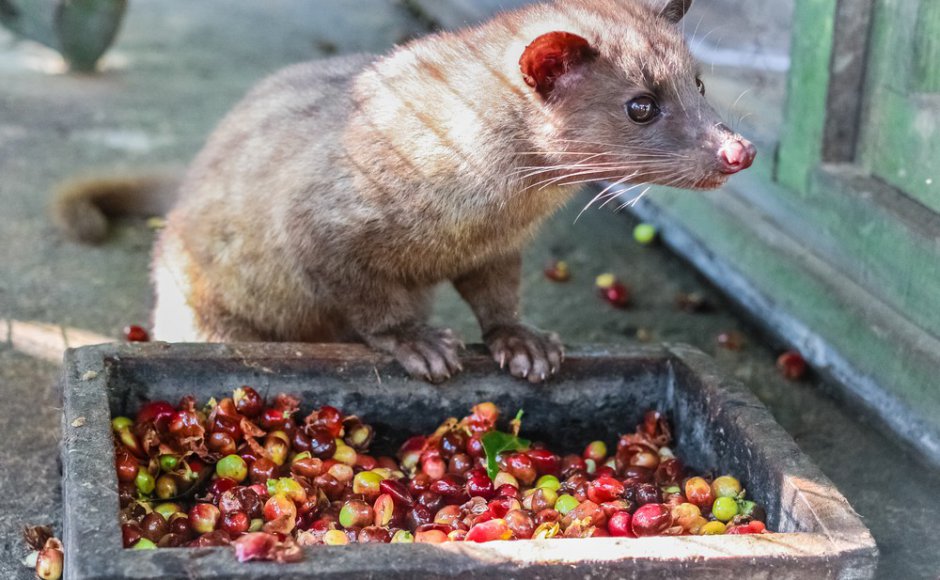
When kopi luwak farmers realised collecting scat from the wild was too taxing and time-consuming, they began trapping these delicate creatures and forcing them into captivity.
A civet’s captivity means being force-fed only coffee cherries, being kept in cramped, unsanitary, caged conditions and quite literally going stir crazy as the noise and light pollution interrupts their innate nocturnal habits.
A report released in 2016 by researchers from Oxford University’s Wildlife Conservation Research Unit and London-based non-profit World Animal Protection found the living conditions of these beautiful creatures to be deplorable.
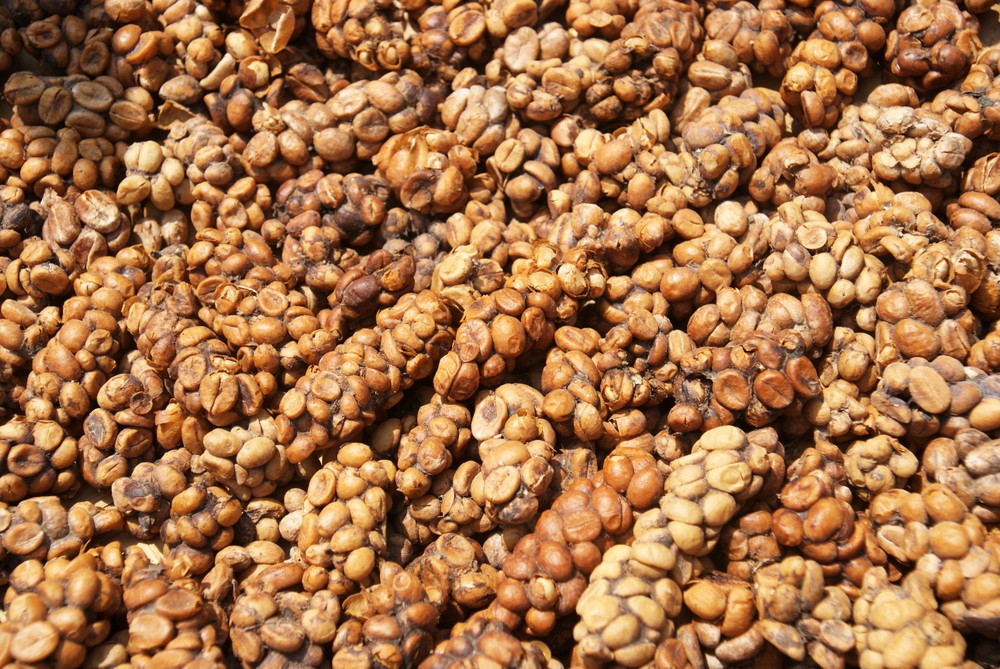
“Some of these cages were literally the tiniest – we would call them rabbit hutches. They’re absolutely soaked through with urine and droppings all over the place,” Neil D’Cruze, one of the researchers told National Geographic.
If the description doesn’t make you recoil and reach for the tissue box to wipe your tears, then maybe knowing the introducer of kopi luwak to the West urges you to not try this specialist coffee.
In an article published by The Guardian, Tony Wild of Taylors of Harrogate, claims he was the guy who first brought authentic, wild kopi luwak to the wealthy western world after he read about it in an article.
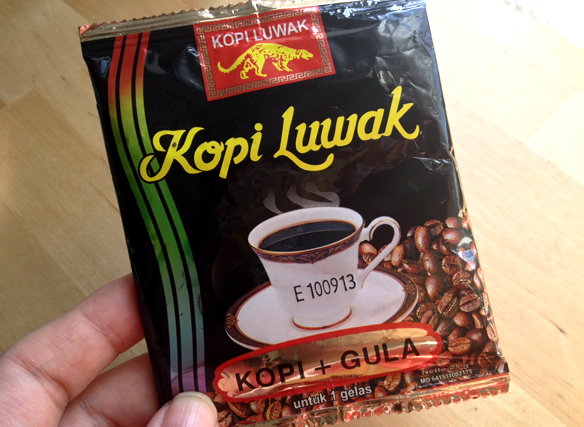
However, he now pleads with Westerners not to try the cruelly produced product. “Nowadays, it is practically impossible to find genuine wild kopi luwak – the only way to guarantee that would be to actually follow a luwak around all night yourself,” he said.
Wild refers to the kopi luwak in his article as an “utterly preposterous, utterly hideous trade.”
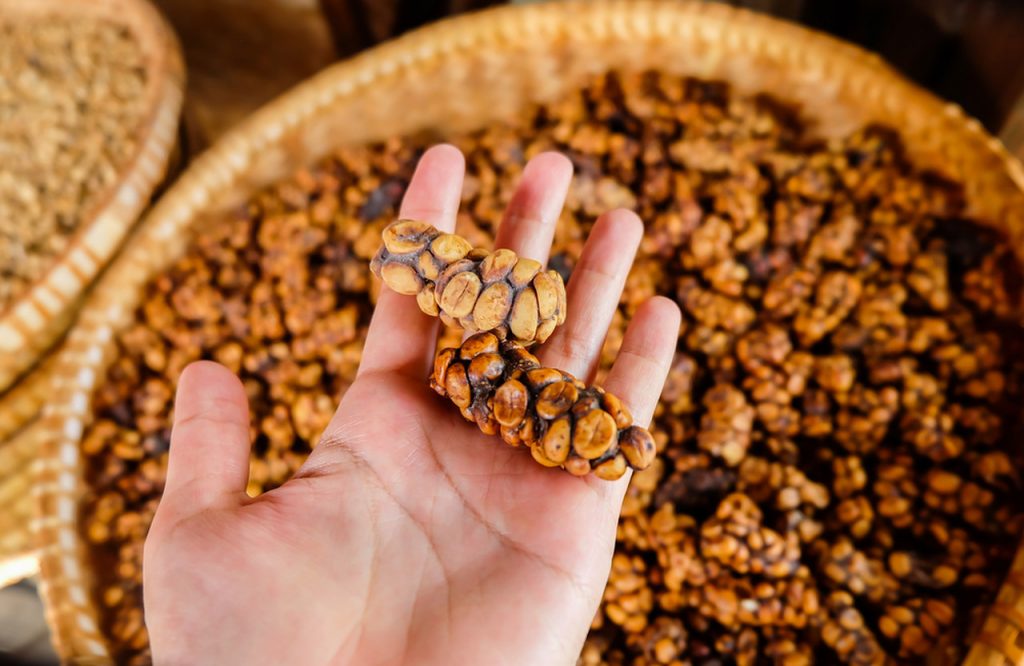
There is no certification program to ensure the “wild” stamp on the bag of US$400 coffee is collected from free-to-roam civets.
Although Japanese scientist Eiichiro Fukusaki claims he has invented a method to detect whether this “poop coffee” is genuine or not, it’s most likely to have come from an excruciating uncomfortable and distressed caged civet.
If you wouldn’t buy a snakeskin bag, a seal-pup fur coat, alligator skin boots or an angora wool jumper, then don’t buy kopi luwak.


















